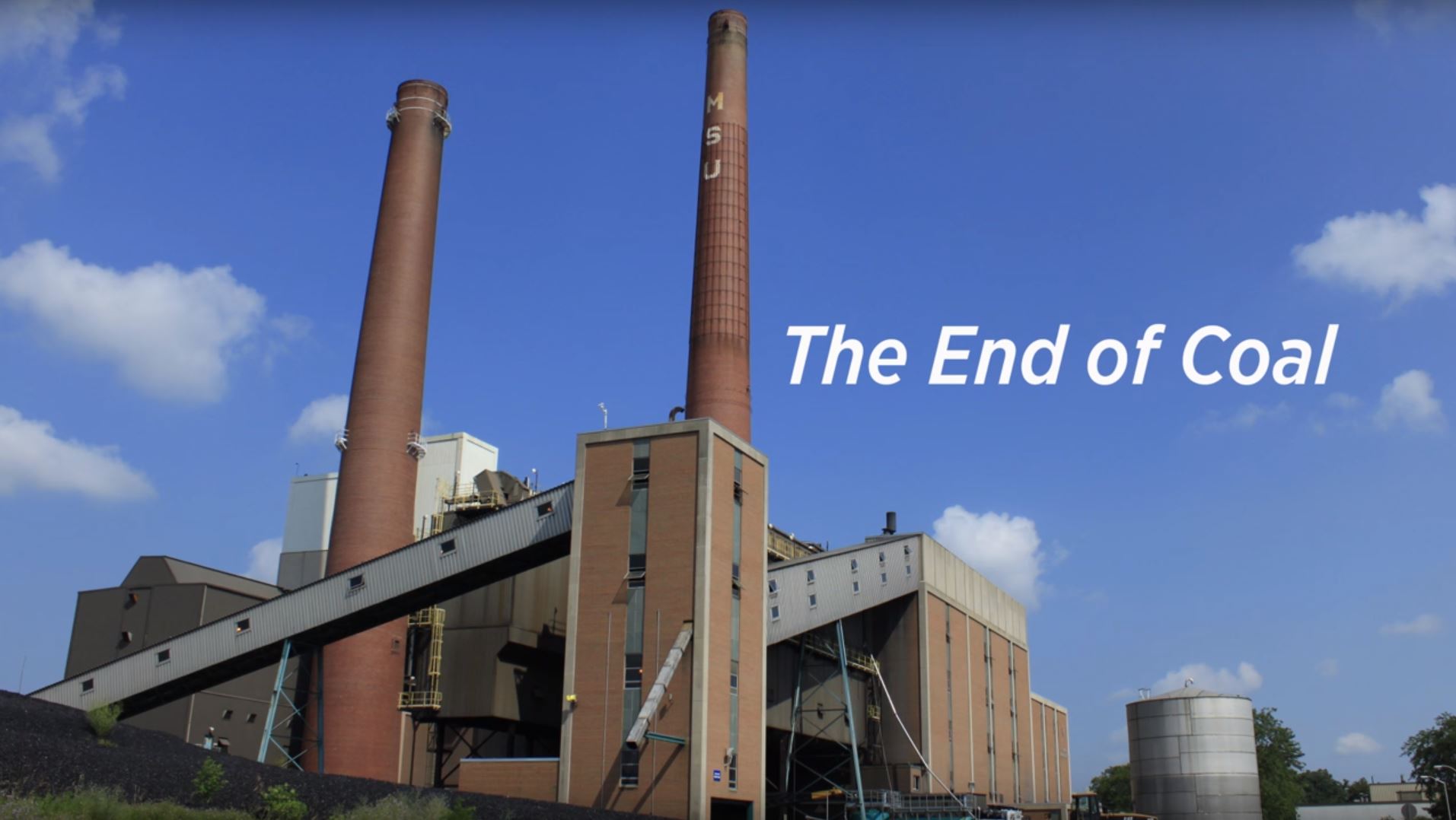Michigan State University Is Done Using Coal at Its Power Plant
Consumers Energy and Michigan State University team up on energy needs for campus and state.
By Anca Gagiuc, Associate Editor
East Lansing, Mich.—Michigan State University stopped burning coal at its on-campus power plant. MSU President Lou Anna Simon recently announced that the university will fuel the Simon power plant with natural gas.
Involved in the transition is energy provider Consumers Energy. The firm is responsible with upgrading the natural gas system to ensure the plant has a reliable fuel supply.
“Michigan is at a historic time, making the transition from coal to cleaner forms of energy. We are pleased to play a role in Michigan State University’s transition, providing the natural gas that will fuel the T.B. Simon Power Plant,” said Garrick Rochow, Consumers Energy’s vice president & chief customer officer. “We look forward to continuing to collaborate with our friends at MSU to help them ‘Go Green,’ meeting the needs of their campus and academic community sustainably.”
To ensure a smooth transition, Consumers Energy built the new Spartan Substation that will provide backup power to the campus when it goes into service later this year. Additionally, through its energy efficiency programs, the energy provider has served MSU with rebates worth over $1 million toward projects that reduce energy use. Furthermore, in order to explore how storage batteries can be used to improve system reliability, MSU and Consumers Energy are working together on a two-year pilot program.
“This is a critical step toward our university reducing its environmental impact and furthering the goals of the campus Energy Transition Plan,” MSU President Lou Anna Simon said during a live webcast titled “A Conversation with President Simon about MSU’s Energy Future”. “One of our greatest challenges is how to reliably meet the university’s growing energy needs. This will help us meet those needs in a more sustainable fashion.”
“Consumers Energy’s relationship with Michigan State University represents the type of collaboration we do every day with businesses large and small across Michigan,” Rochow said. “We also share an interest in finding new solutions to our state’s energy needs, to develop new energy sources and help people use power more efficiently.”
Consumers Energy has reduced its carbon footprint by 25 percent and air emissions by 40 percent by retiring seven of its oldest coal plants. The seven plants are among 25 that will be closing in Michigan by 2020, highlighting the need for new state policies regarding sustainability, to ensure that Michigan can meet its future energy needs.
Images courtesy of Michigan State University








You must be logged in to post a comment.